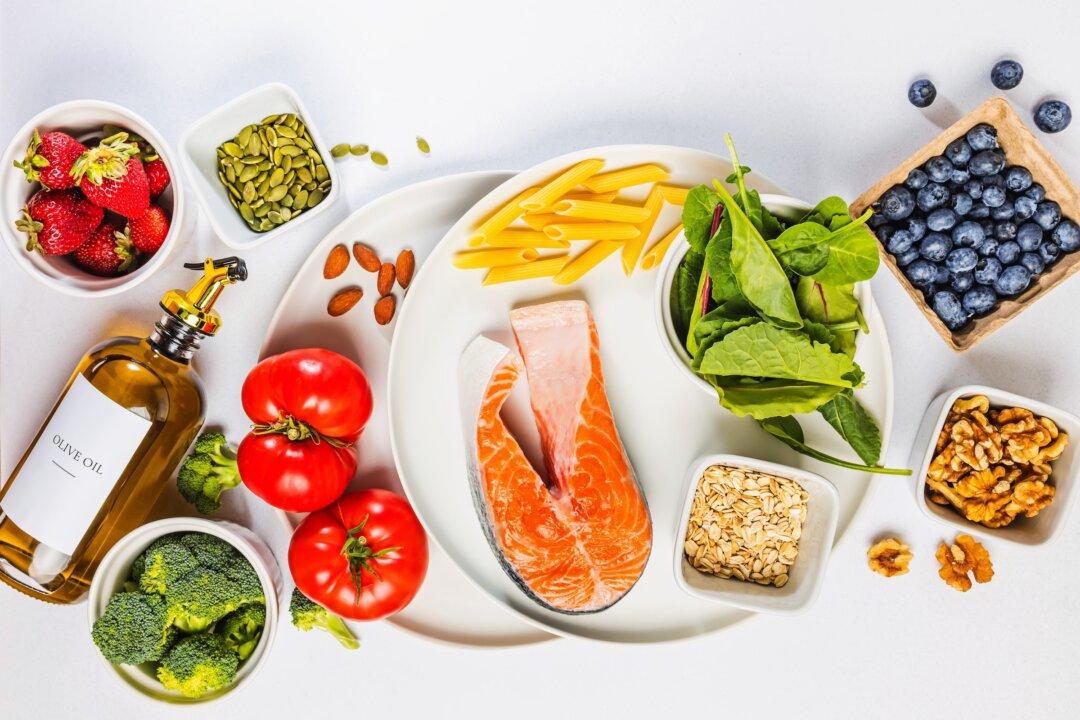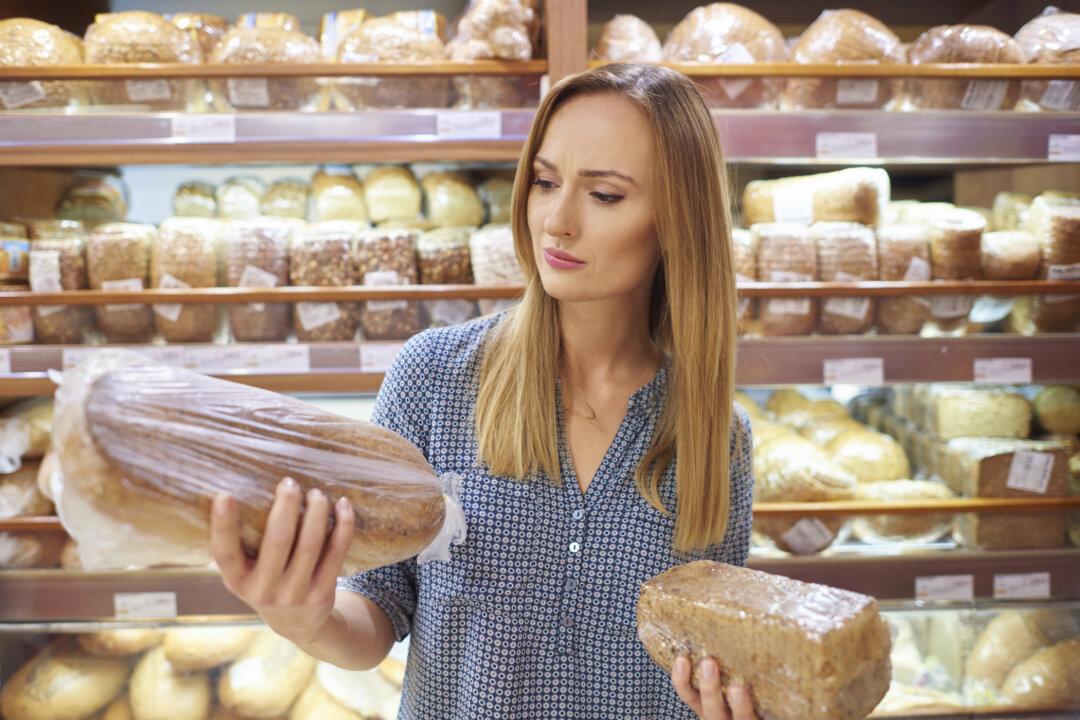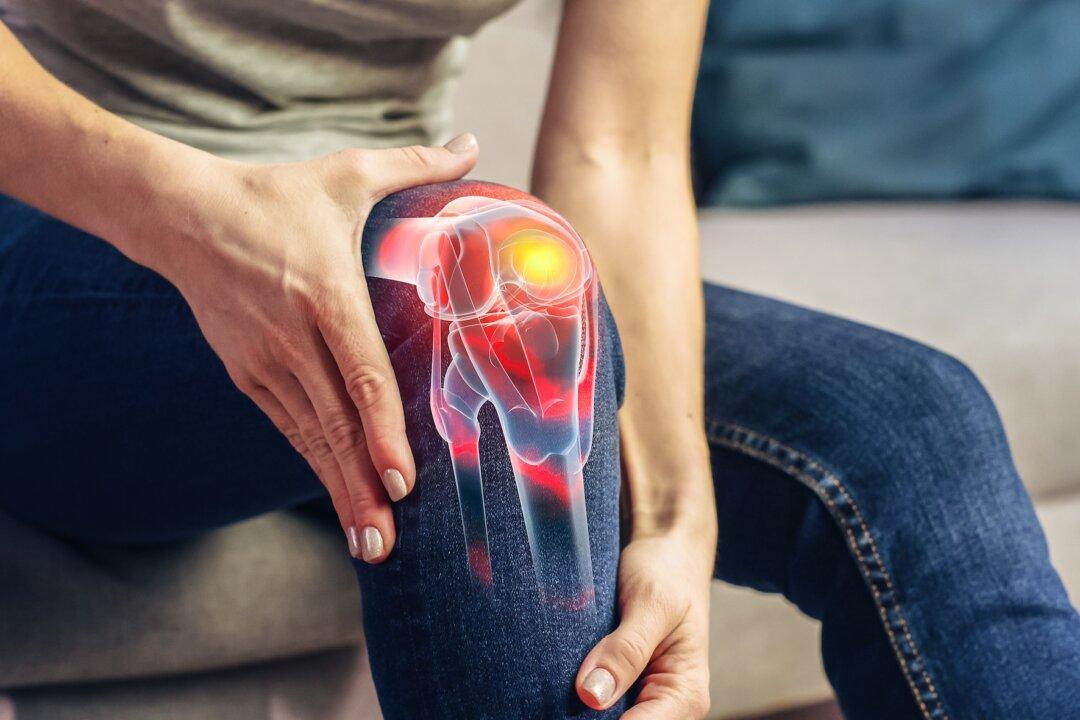A study from the Netherlands suggests that vegetarian and vegan diets may not be preferred for older adults because they are often deficient in protein, and that can increase the rate of muscle loss with aging (Advances in Nutrition, May 2022;13(3):712-725). This muscle loss increases risk for falls, heart attacks, heart failure and premature death (The Lancet, Feb 2, 2022;44:101264).
All people lose muscle, bone and coordination as they age, and after age 50, people can be expected to lose about 1-2 percent of the size of their muscles each year (Am J Clin Nutr, 2002;76(2):473-81). Up to 50 percent of older adults suffer from significant loss of muscle called sarcopenia (Nutrients, May, 2020;12(5):1293). Many older people favor vegetarian, vegan or near-vegetarian diets because animal sources of protein (meat, dairy, eggs) have been associated with increased risk for heart attacks and premature death (Critical Reviews in Food Science and Nutrition, July 21, 2021). With aging, these people may not meet their needs for protein because they eat less food and less protein, and absorb less protein from what they have eaten (J Am Geriatr Soc, 2010;58:2129-2134). The combination of decreased protein intake and decreased physical activity lead to a very high incidence of sarcopenia. Increasing protein intake and exercising can markedly slow this loss of muscle, prevent disease and prolong lives (Nutrients, Jan 2022;14(1):52).





